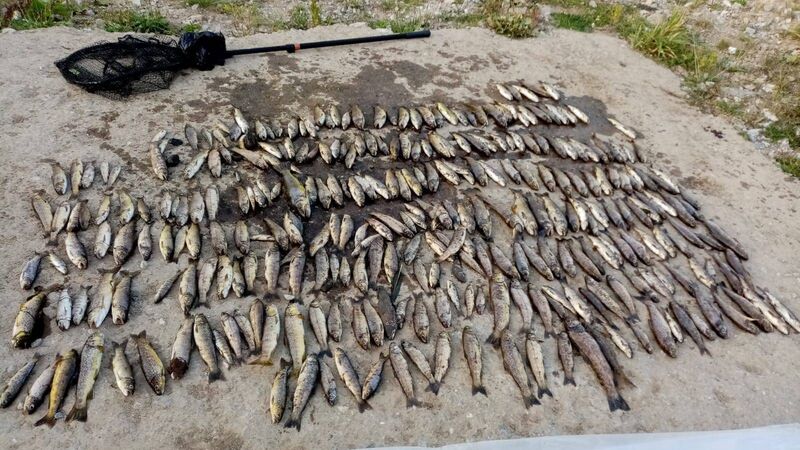Irish Examiner view: Progress on environment protection

The August incident on the River Blackwater near Mallow, in which as many as 50,000 fish died, was as shocking as it was deadly. Picture: Facebook
While it appears — and Inland Fisheries Ireland (IFI) has confirmed as much — that the chances of identifying and securing a prosecution of the perpetrators of one of the country’s worst ever fish kills is minimal, there is also an opportunity to prevent it happening again.
The August incident on the River Blackwater near Mallow, in which as many as 50,000 fish died, was as shocking as it was deadly, but having been unable to identify the source or cause of the incident, the authorities have to ensure it doesn’t happen again in order to win back public confidence.
















